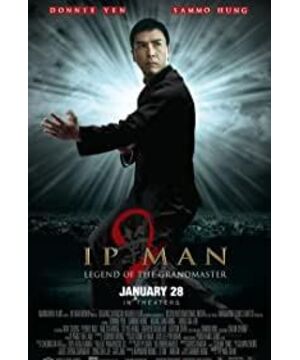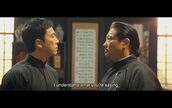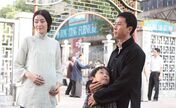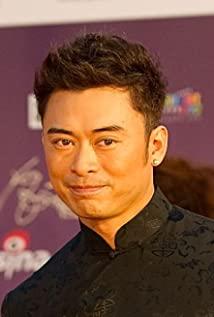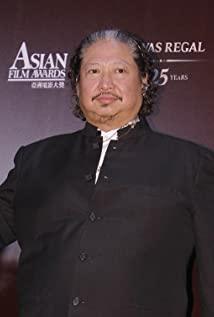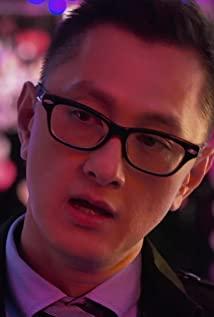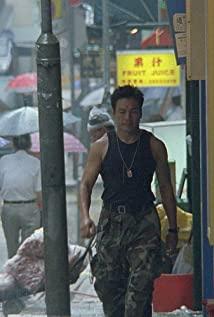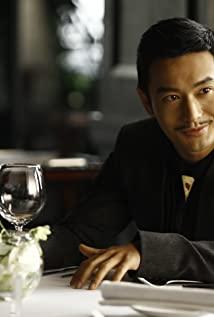In all fairness, the quality of the first half of the movie is good. Although Huang Xiaoming succeeded in playing the role of "Second", it is still innocent. When Hong Zhennan and Guilao get hands on, the old and stale mood will gush out, it is simply It's embarrassingly straightforward. It doesn’t matter how one’s own calculations are done. If an outsider refutes his face, he must immediately smile and suffocate the hostility to fight against his insults, immediately enthusiasm, and fight back even if he fights his life. Sure enough, face is the most important thing for Chinese people-and it really is. Face is no longer the desperate situation of losing the country and humiliating rights and human lives in "Ye Wen". In this way, the meticulously crafted atmosphere in "Ye Wen" no longer exists, and Ye Wen's image as an atypical martial arts master has also been dispelled, and he has finally become a Fearless Fearless on the TV screen of the year. Or a Facebook character like Chen Zhen. The question is, it has been almost thirty years, why turn every Chinese warrior into Chen Zhen? Isn't it correct to be an indifferent and bookish Ye Wen who is more like a mortal?
Teacher Ye Weixin is also really perfunctory. In the upper part, Jinshan went to the Japanese army to inform the Japanese army after he had eaten a six-thirty stick at the cotton factory, and most of them were woken up by the stick. The appearance of the film is also like watching flowers. The film quickly enters the Huayi decisive battle. All the breath of the times, personal characteristics and even the charm of Kung Fu itself are replaced by national sentiments. The movie has reached this point, as teacher Shu Qi said, making the audience no longer care about the fate of the characters. Of course, Master Hong must die, because he has a dark illness like Huo Yuanjia, and because he is responsible for igniting the national sentiment with his life. Fire, and Ye Wen, as a hero, will naturally win. is there any method? All the patience in narrating and constructing characters in "Ip Man" has been wiped out in this sequel.
Now that the story is so, the highlight still has to be attributed to the martial arts. The gang fights in the fish market are not very good, but the eight swords are slightly interesting, and the most exciting part is naturally the table battle, which is the only thing I think the whole movie makes people's heartbeat faster. The monkey boxing and the Bagua palm of the swimming body are of course only foreshadowing, and Hong Zhennan and Ye Wen fought for a while, and the two people walked along the table with their feet and fisted quickly. It was really wonderful. It can be called a rare visual spectacle in today's declining kung fu, and Hong Zhennan's style of play is changeable, short-handed close attack, and quite agile, although it is the same as the previous master Liao Changqiao Malaysia's opening and closing moves. It is Hong Quan, but it is quite different-unfortunately it is still a bit shorter, because the length of it is handed over to the painless Wing Chun to Western Boxing.
More than a year ago, I read "Ip Man" and said that "Thanks to Ye Weixin's convergence, I will finally not become Chen Zhen's second." Unexpectedly, today, even after the battle with Gui Lao, Ye Wen spoke in a good voice. After a while, he almost became Chen Zhen.
Ps: I'm very curious about the boxing match where the ghost fighter beat Hong Zhennan to death. Who was his original opponent and didn't even give a chance to show off his face.
View more about Ip Man 2 reviews


